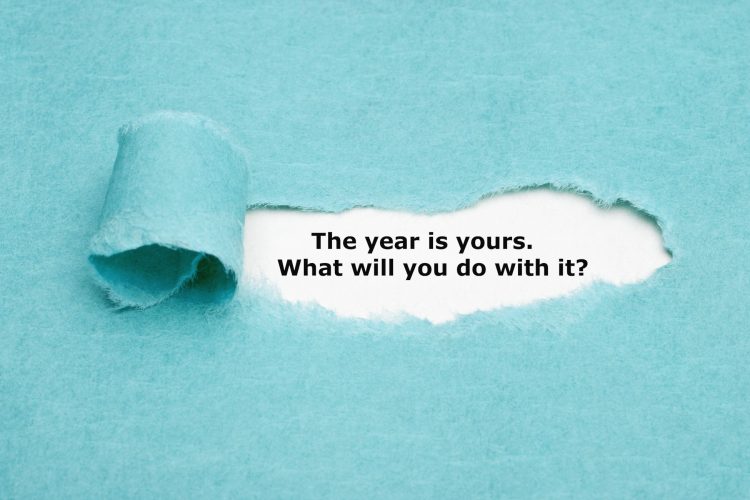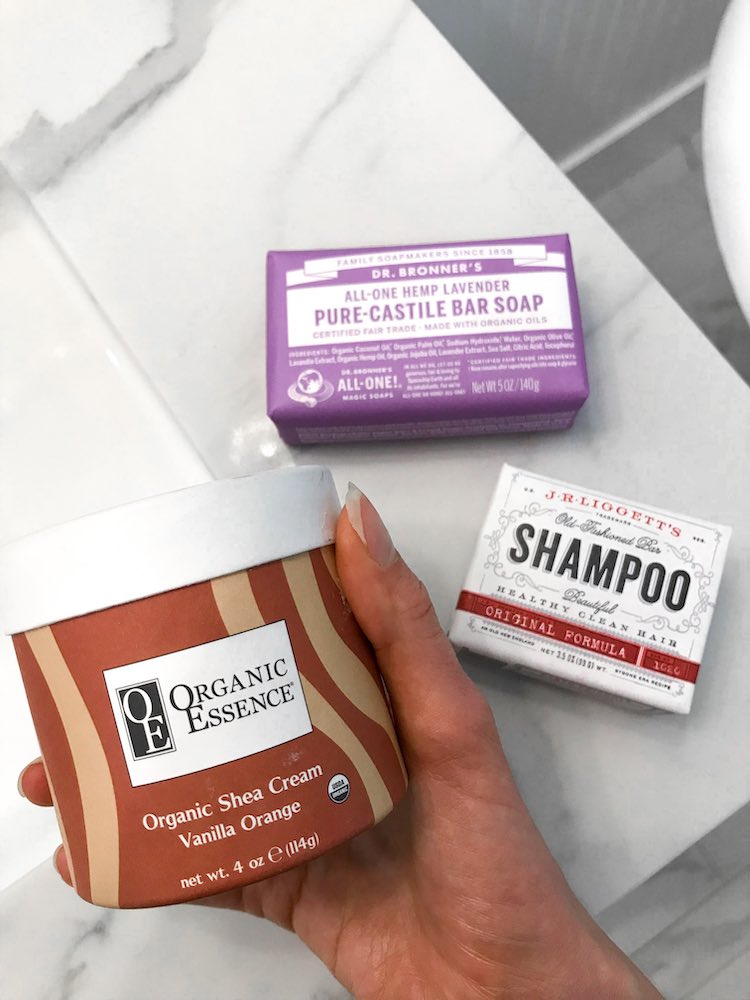January is a perfect time for new beginnings and revitalizing your life to inspire the best version of yourself. A common ritual is creating resolutions; whether you want to lose weight, grow your career, save money, travel, start a yoga practice, buy a home, or spend more time with family and friends. However, according to a recent U.S. News & World Report article, New Year’s resolutions fail about 80 percent of the time, and most people lose their resolve by mid-February.
Why are resolutions destined to fail? First, the changes we want to make require changing behaviors that are deeply rooted in our neurological circuitry in our brains. Health Psychologist Phillippa Lally’s research found that depending on the person and circumstances, on average, it takes approximately 18 days to eight months (not 21 days) to change a habit or behavior in your life.
Another challenge is that the behaviors we want to change (such as overindulging on food, sugar, and alcohol, spending money beyond our means, or excessively using social media) self-soothe us in some way. They activate our brain’s neurotransmitter, dopamine (also known as our “feel-good hormone”), which, due to the instant gratification we receive immersing in these experiences, can perpetuate a false sense of happiness. Giving up these addictive patterns can be challenging and can trigger subconscious feelings and thoughts of self-doubt, anxiety, or depression, which often block us from achieving our goals.
Other reasons resolutions are ineffective include being often too vague and unrealistic, or we do not have others supporting our new positive changes, which may foster discouragement and fear of failure or isolation. Hence, we will give up early, make excuses, let go of our desires, and regress to old habits and comfort zones to satisfy our needs. Sadly, New Year’s resolutions don’t lead to sustainable behavior change nor harness the motivation that inspires action.
A mindful alternative is creating meaningful goals that are specific, actionable, and purposeful. Here are six steps to inspire lasting behavioral change and long-term fulfillment.
- Harvest past year successes and learnings. Before creating your goals, write down all of your successes and learnings from the year. Identify any behaviors or disappointments you want to let go of and any behaviors you want to start and continue in the new year. It’s best to start the new year with a fresh perspective and clean slate with no regrets.
- Create clear goals and actions. Clarify what you really want to experience in the new year, whether in your career, health, relationships, or finances. Ensure they align to your life vision, core values, and what is most essential to bringing you deeper fulfillment. The number of goals depends on your capacity to follow through on your commitments. An effective method is focusing on two to three goals and making them SMART (specific, measurable, achievable, realistic, and timely), positive, and in the present tense. Hold your goals lightly to allow flexibility to pivot if unexpected circumstances arise. Goals are signposts to move you forward. Examples include:
- [Career] Get promoted to Director of Customer Experience by December.
- Align director level job expectations with my manager.
- Expand business knowledge in software subscription models.
- [Health] Improve my health and well-being within healthy biomarker ranges by August.
- Work 40 hours per week, blocking time for family, fun, and exercise.
- Start a yoga and meditation practice three times a week.
- [Career] Get promoted to Director of Customer Experience by December.
- Define your powerful why. Define why each goal is important to inspire motivation and momentum. For instance, being a director in my organization enables me to make a difference in people’s lives, grow my unique strengths, and support my children’s education.
- Take action. To reinforce new behaviors and habits, incorporate your actions into your calendar. If you don’t take consistent action, you will most likely be discouraged and regress to old habits.
- Get an accountability partner. Having someone in your corner, such as a coach or mentor, who believes in your brilliance and holds you accountable will accelerate progress and overcome roadblocks and limiting mindsets. This is especially important when old habits or your inner critic sneak in to sabotage your well-intended efforts.
- Celebrate your successes. Every time you make progress toward your goals, find a way to celebrate your success. Treat yourself to a delicious dinner, massage, concert, or weekend getaway to reward all of the hard work you invested in making these positive changes. This will stimulate dopamine, build resilience, and keep you on track for achieving your goals.














One reply on “A Mindful Alternative to New Year’s Resolutions”
Wonderful article, Mary. Thank you for sharing!